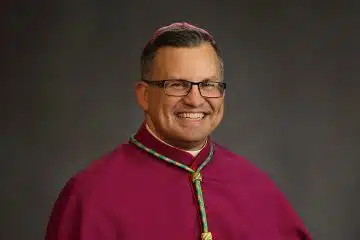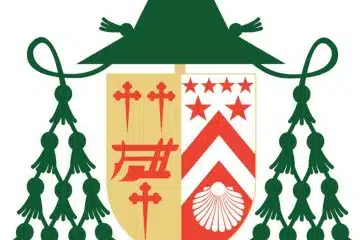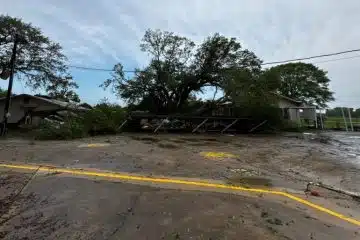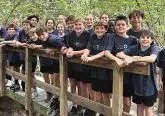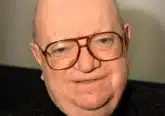Russian educators experience STEM education at Chaminade Julienne
January 23, 2012
DAYTON DEANERY – Eight educators from elite Russian academies met with Chaminade Julienne (CJ) teachers in October to explore the school’s STEM (science, technology, engineering and math) program, including its nationally certified Project Lead the Way (PLTW) biomedical sciences and pre-engineering curricula, advanced placement science and mathematics courses, the CJ science fair and National Science Olympiad.
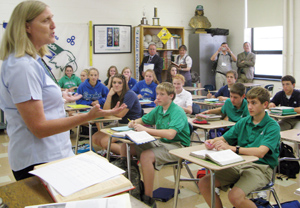
CJ was one of just two area secondary schools chosen to host a visit during the group’s short stay in Dayton. The school was selected by Wright State University after being awarded a $35,000 Dayton STEM Hub grant in 2010 said Meg Draeger, CJ STEM coordinator.
“It is a testament to our evident role as a provider of a unique STEM education to Miami Valley students that Wright State University chose CJ for a visit by this group,” Draeger added.
The conference was made possible as part of the university’s International Visitor Program, an initiative endorsed by the U.S. Department of State. According to WSU, International Visitors are current or emerging leaders in government, politics, the media, education, the arts, business and other key fields from different countries around the world. While in the United States, they attend professional appointments with their American counterparts, learn about the U.S. system of government at all levels, visit American schools and experience American culture and social life.
During their time on campus guests spoke, with the assistance of two Russian interpreters, to CJ math, science and PLTW teachers Nancy Dever, Brad Kassner and Amy O’Loughlin before touring the school’s laboratories and classrooms.
“It was quite an experience dialoging with non-English speaking colleagues from across the world through interpreters,” Draeger commented.
Those involved in face-to-face discussions, which lasted a little more than an hour, exchanged business cards and email addresses in hopes of keeping the lines of communication open.
“At the heart of it all is the truth that we are engaged in a common pursuit — educating youth to succeed in a global environment in which having knowledge of, and competency in, STEM subjects will be necessary,” Draeger said.





